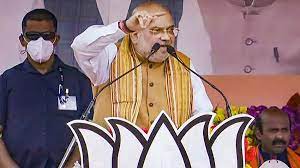Tate’s husband Mahadeo was a peon in the office of the Solapur collectorate and had died in 1996.
The Bombay High Court has ruled that the second wife of a deceased man is not entitled to receive his pension if the first marriage has not been legally dissolved. The high court was hearing a plea filed by Solapur resident Shamal Tate who challenged the Maharashtra government’s decision to deny her pension benefits. A division bench of Justices S J Kathawalla and Milind Jadhav dismissed her petition.
Tate’s husband Mahadeo was a peon in the office of the Solapur collectorate and had died in 1996. He was already married when he married Tate without dissolving his first marriage. After his death, both the wives came to an agreement that Tate would receive almost 90 per cent of the deceased’s retirement benefits, while the first wife would get the monthly pension.
However, the first wife died of cancer a few years later and then Tate approached the state government urging that the monthly pension be now restored to her. She wrote four applications to the government between 2007 and 2014. The state government, however, rejected her plea after much deliberation. Tate then moved the High Court in 2019 pleading that since she is the mother of Mahadeo’s three children, she was eligible to receive the pension, especially after the demise of the first wife who had been receiving the pension.
The Bombay High Court, however, held that several Supreme Court judgements had established that a second marriage must be held as void under the Hindu Marriage Act if it has been solemnised without legally ending the first marriage. The court also justified the state government’s position that only a legally wedded wife is entitled to get a family pension.



































